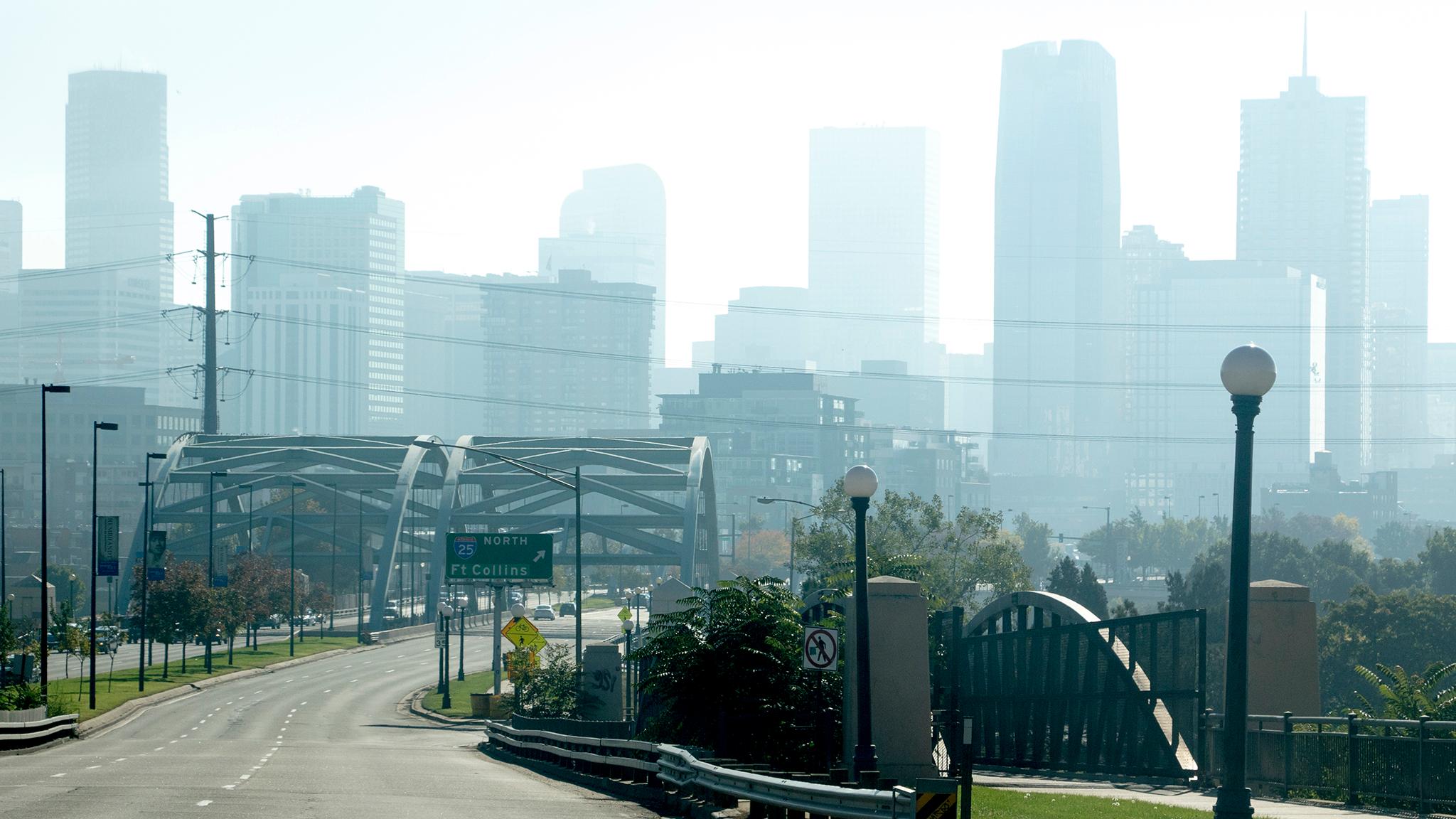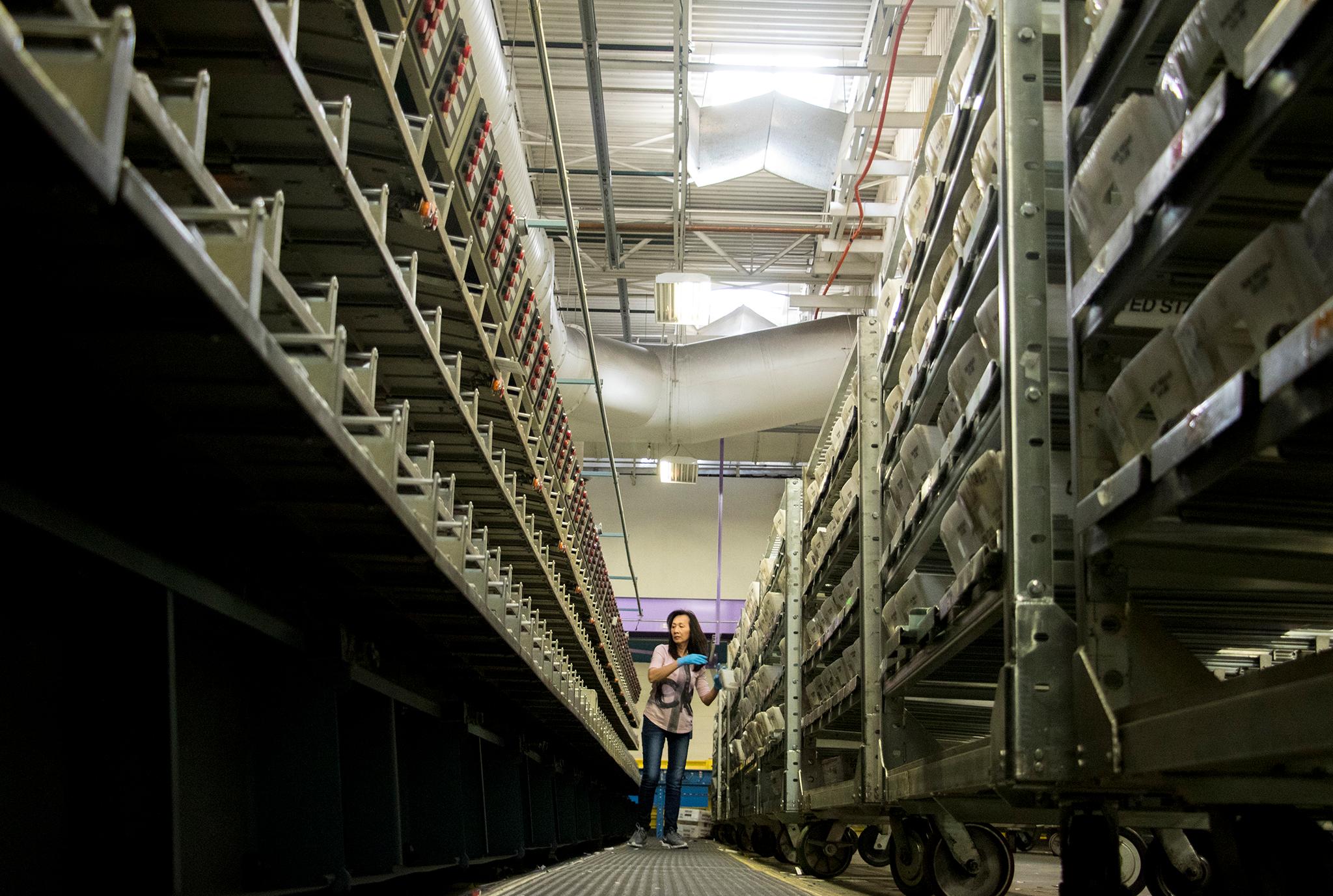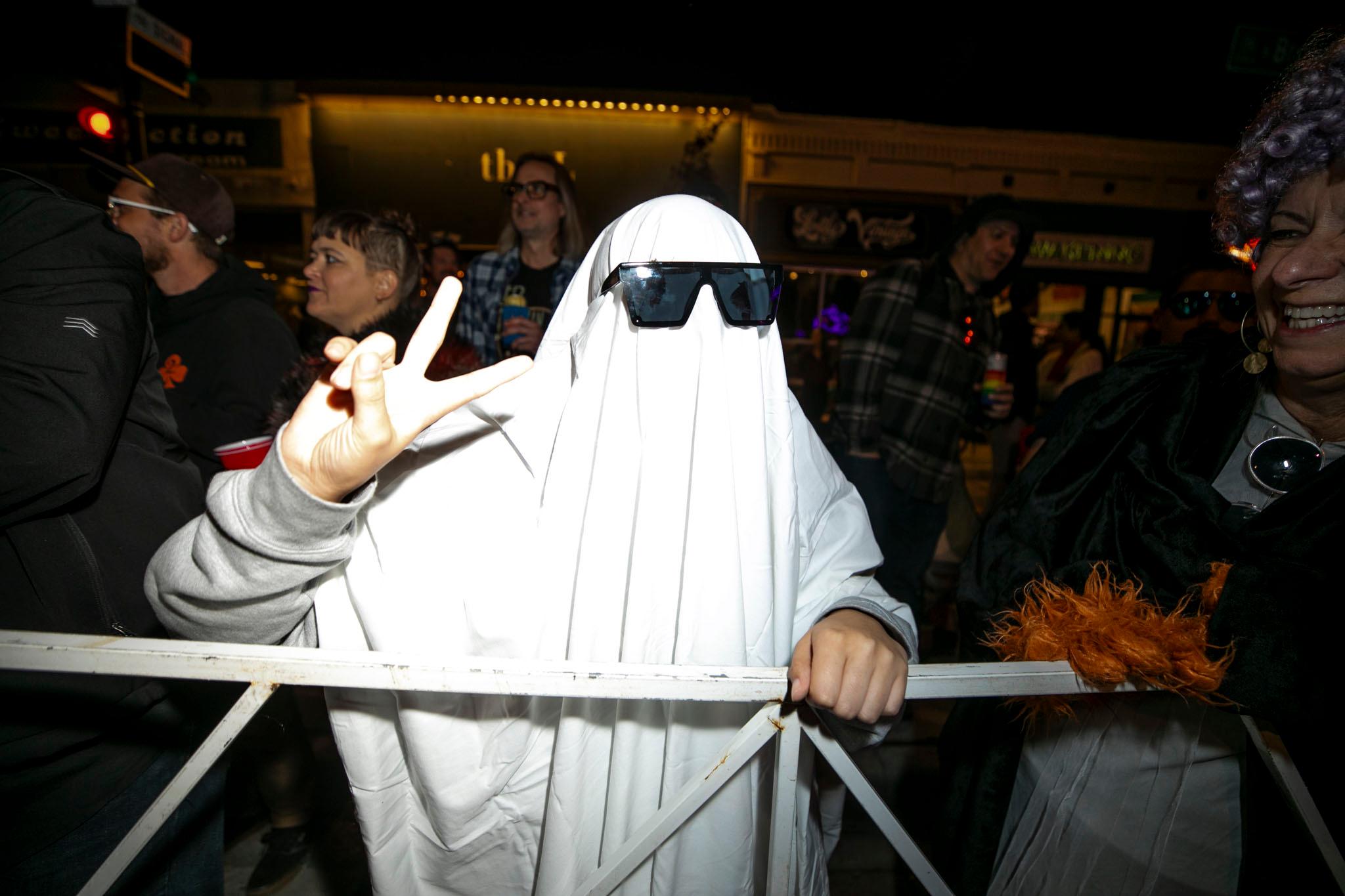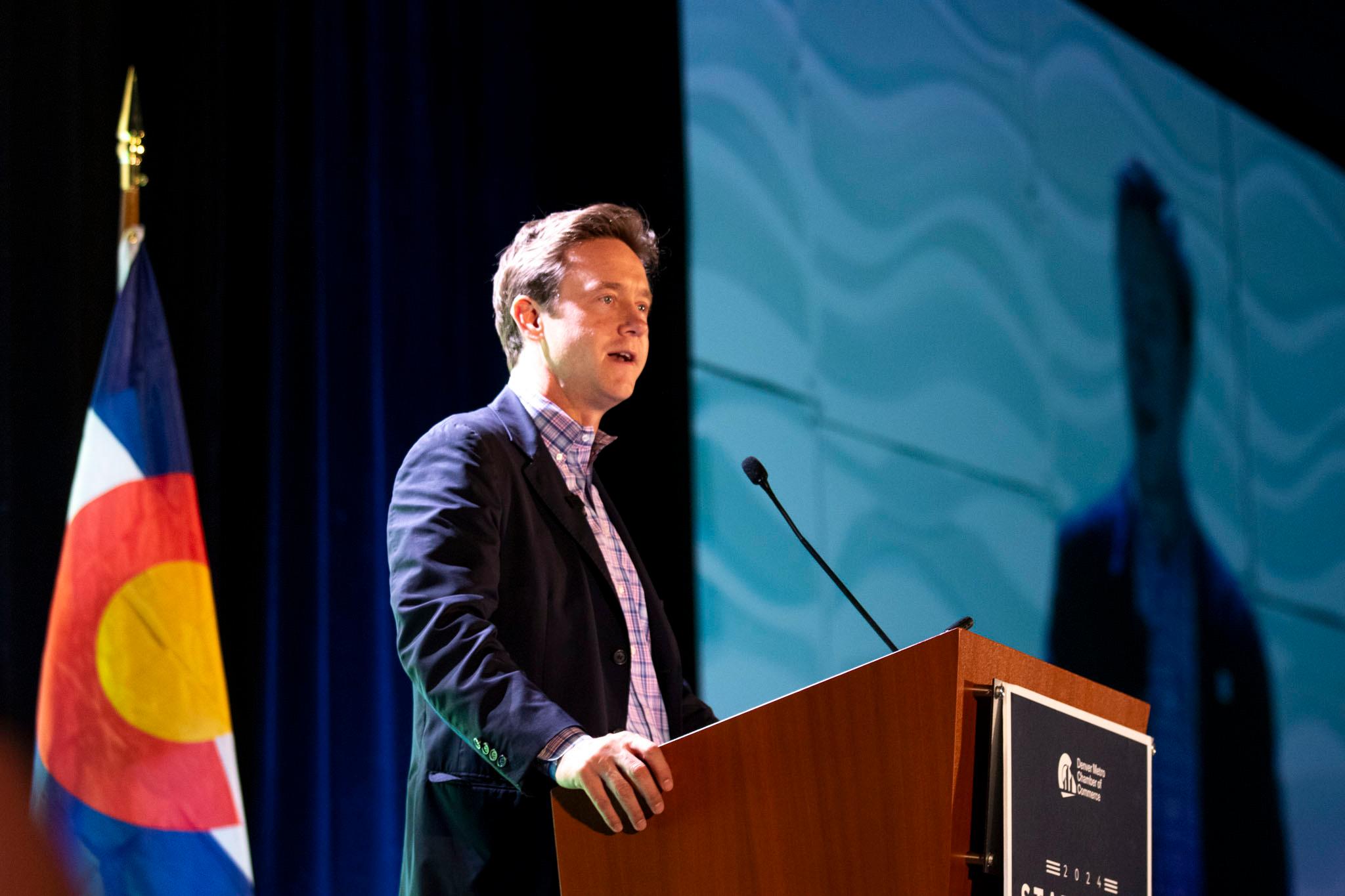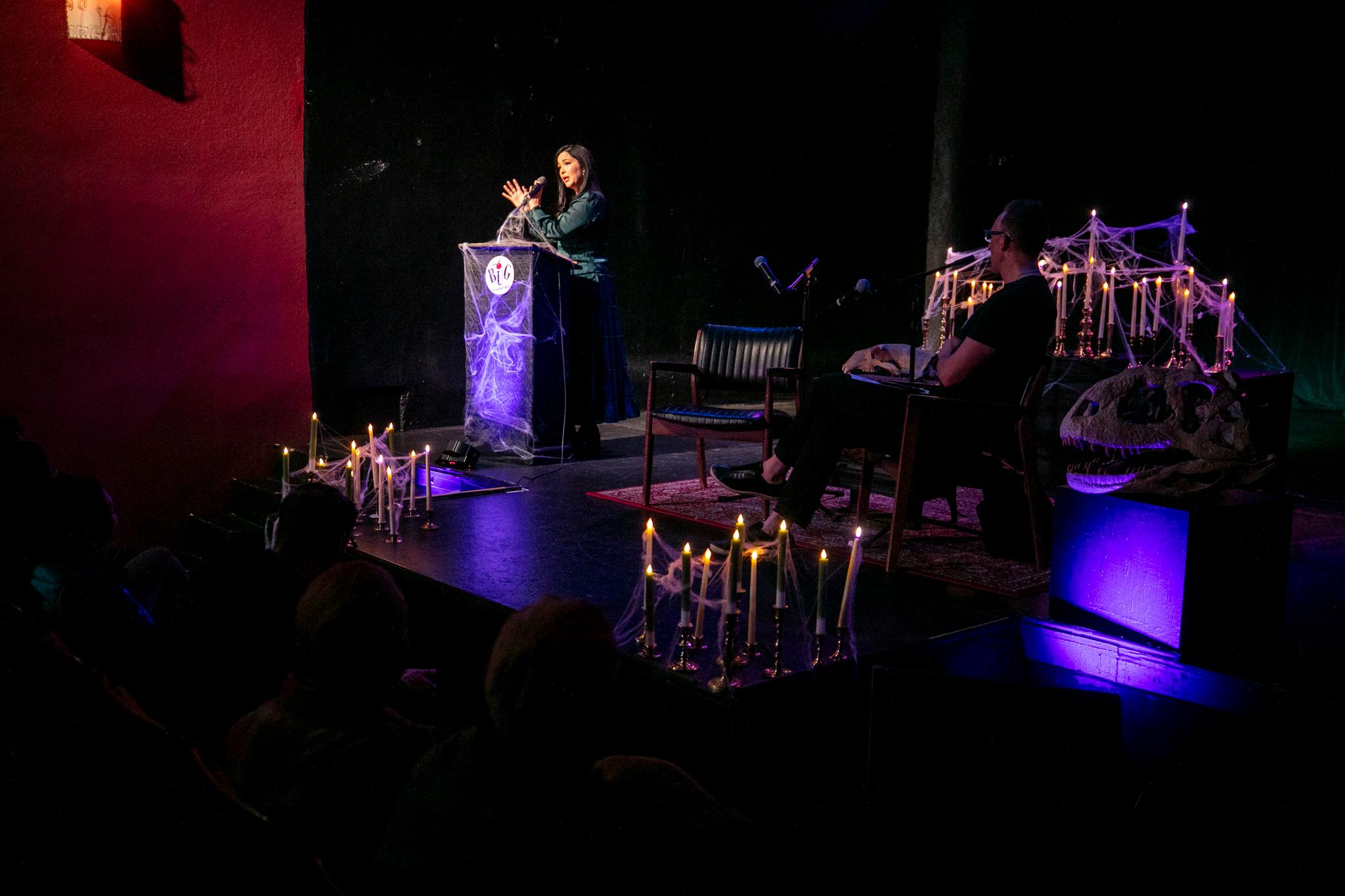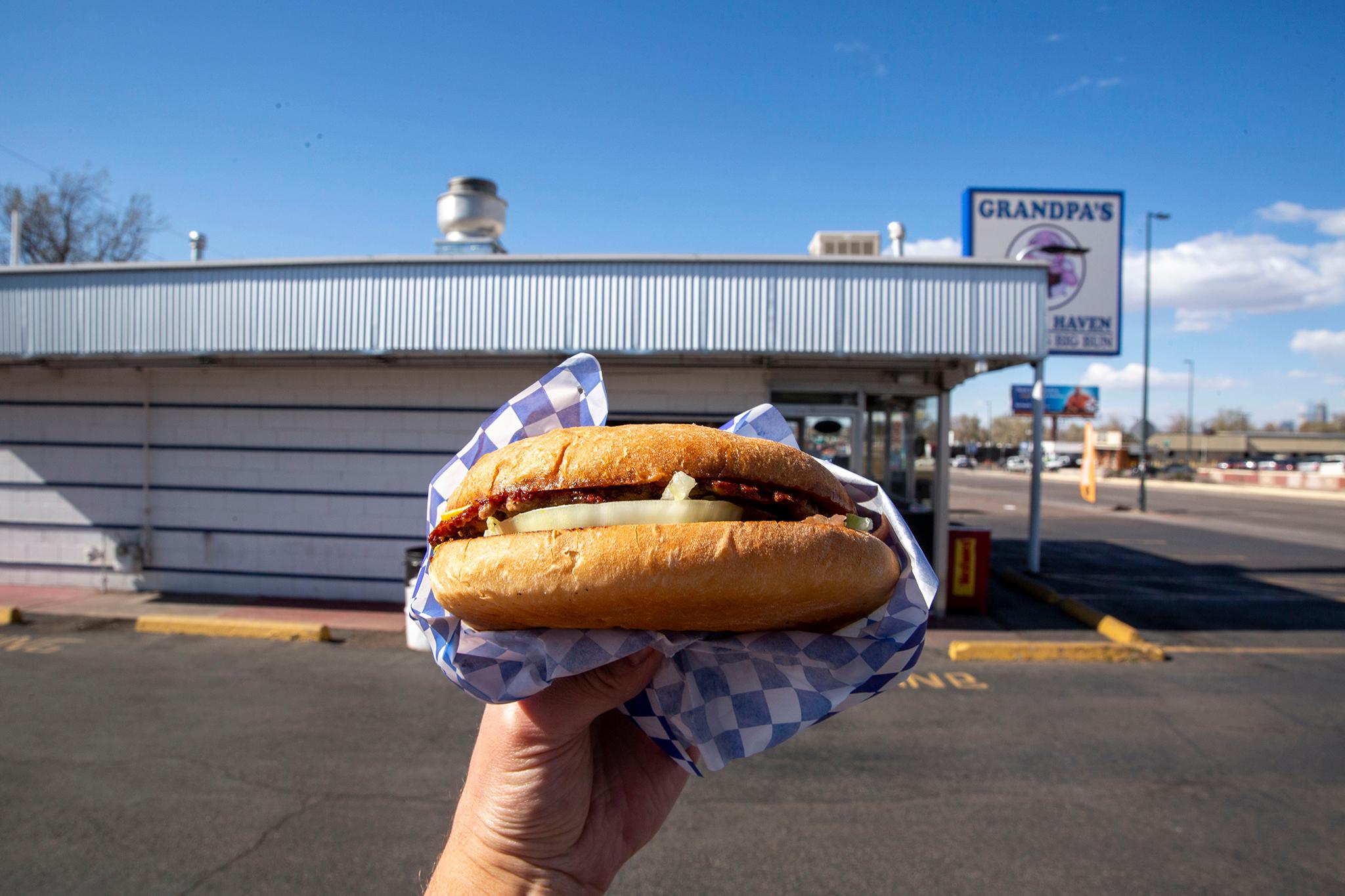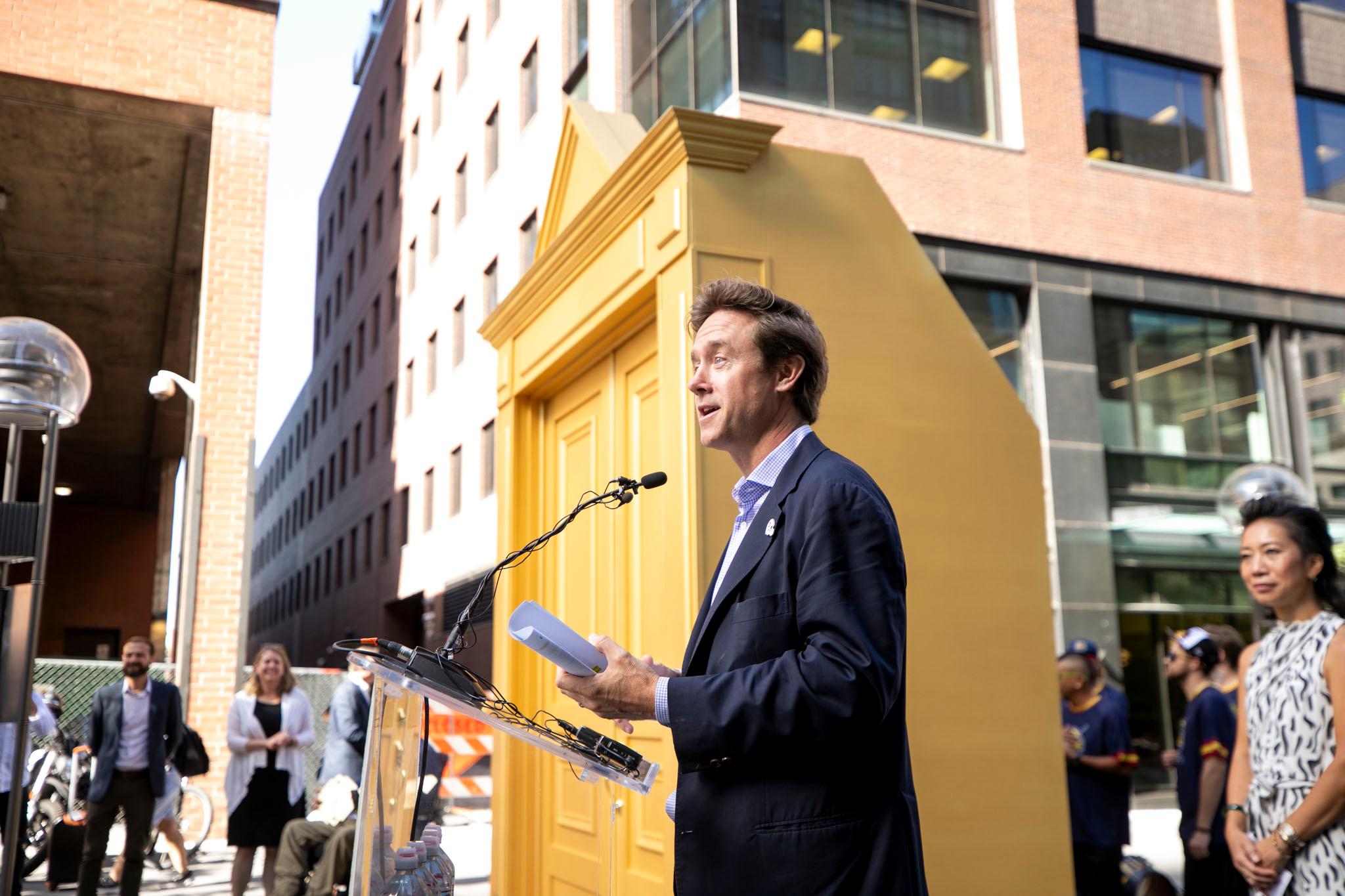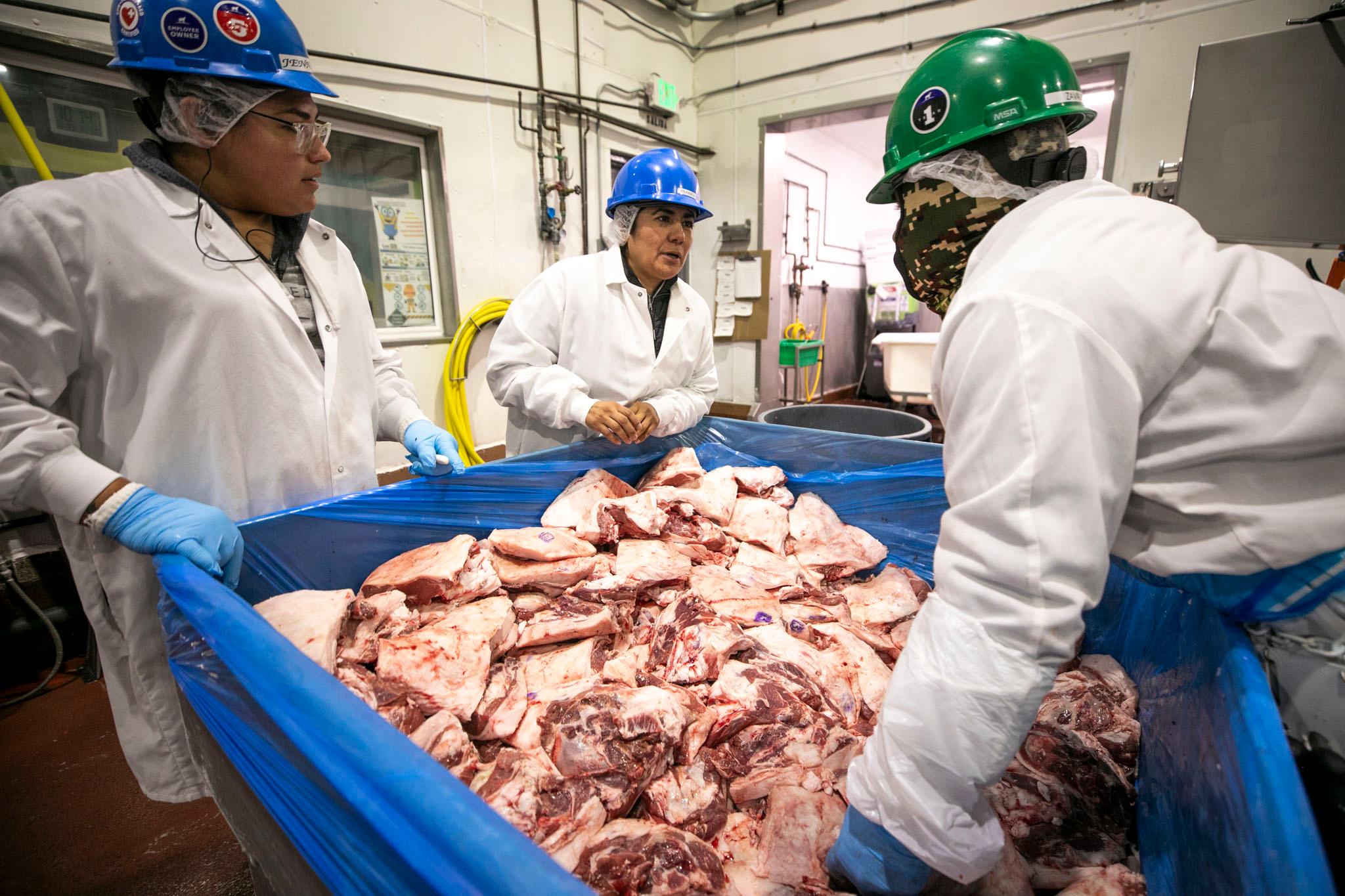You may have noticed it was a tad hazy out this morning as you made your way to work. No, it wasn't run-of-the-mill fog, although the culprit isn't exactly a rare phenomenon.
The force behind the lower visibility is called an "inversion." It's common in the winter in Denver and is caused by changing weather conditions, like when our skies go from cloudy to sunny in a short time. "Inversion" refers to a temperature flip, when there's warmer air high up in the atmosphere that traps cooler air and pollution closer down to the ground.
Particulate matter from car exhaust, tire residue on roads or dust kicked up at construction sites usually tends to rise up and disperse. During an inversion, all that crud is stuck in our airspace.
Jeremy Neustifter, a spokesperson for the Colorado Department of Public Health and Environment (CDPHE), said Denver has two seasons of air issues. In the summer, we see higher levels of ozone in the region, which is out of compliance with health standards. In the winter, we get this particulate pollution. The winter pollution is not out of compliance, but particulates are generally considered to be worse for you than ozone.
The haze today was what CDPHE categorizes as "moderate" pollution, so not quite so high that they'd recommend people with heart or lung issues avoid venturing outside. But inversions can cause worse pollution, and last year local air monitors detected a handful of winter days that did venture into health advisory territory.
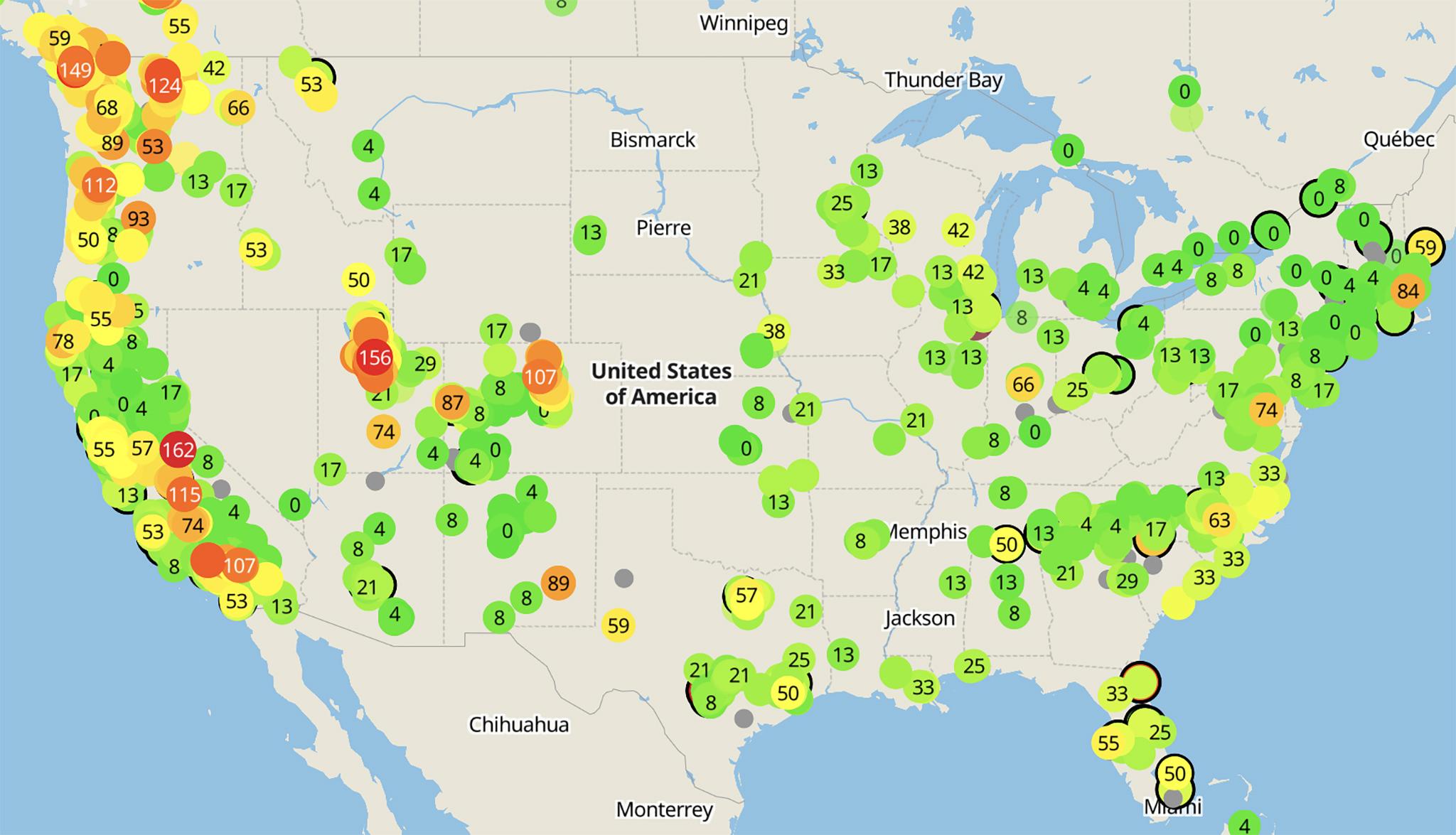
"I've spoken to our meteorologists and they just kind of laughed and they're like, 'Its winter,'" Neustifter said. "It's just kind of typical Denver weather in the wintertime."
Back in the '70s and '80s, this kind of thing would have been much worse since Denverites still were burning a lot of wood fires in their homes. That's been phased out, so a lot of the air pollution we used to see in Denver in the winter is no longer a problem.
Neustifter said the haze today was instead, probably, mostly caused by cars. In 2017, the National Center for Atmospheric Research reported that transportation is likely as big a contributor to the Front Range's ozone problems as oil and gas.

